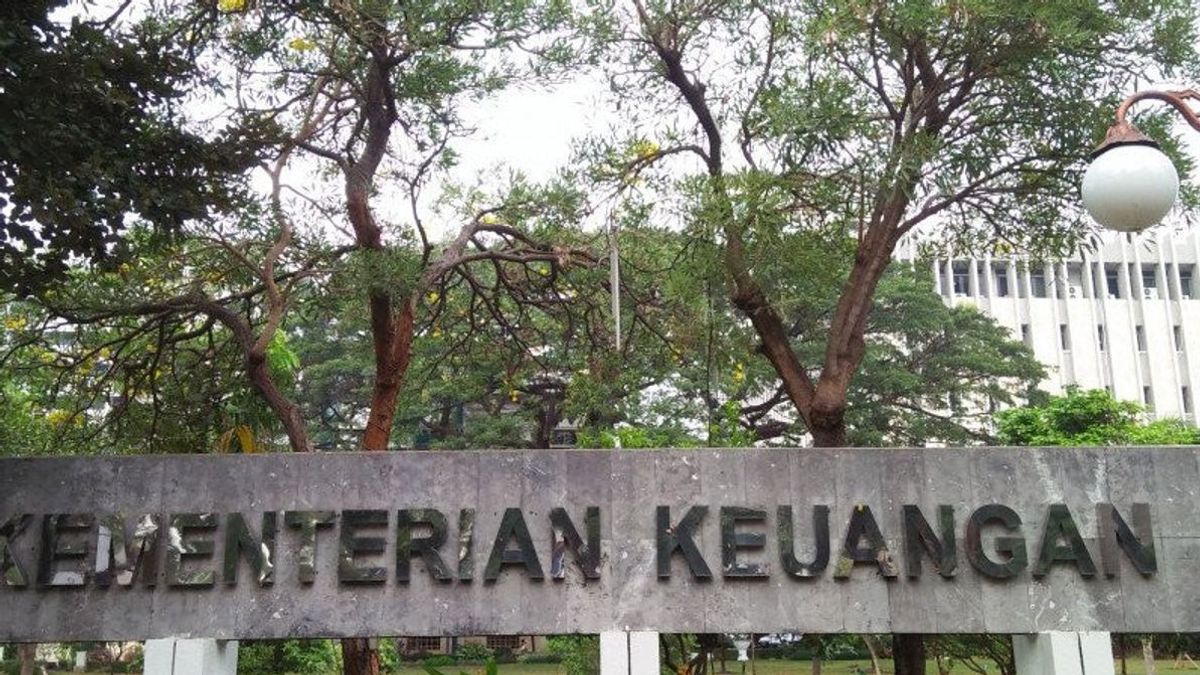JAKARTA – Consistent expansion of national manufacturing activity has been maintained for 27 consecutive months. Indonesia's Purchasing Managers' Index (PMI) in November 2023 was at the level of 51.7, an increase compared to October at 51.5.
Head of the Fiscal Policy Agency, Ministry of Finance, Febrio Kacaribu, said that the maintained performance of the manufacturing sector indicates the resilience of the Indonesian economy amidst various risks of uncertainty and the global economic slowdown trend.
"This achievement cannot be separated from the role of the State Budget (APBN) in maintaining people's purchasing power and national economic stability as well as anticipating various uncertainties that are still high," said Febrio in his official statement Sunday, December 3.
Meanwhile, several major trading partner countries, such as the United States and Japan, recorded contractions, namely to levels of 49.4 and 48.3, respectively. Meanwhile, China was recorded as expansive at level 50.7.
The manufacturing sector is still expansive, driven by the level of domestic demand which is still strong and increased employment. Producers also increased input purchases and inventories in line with increasing confidence in the outlook for domestic demand which remains strong.
Overall, sentiment in Indonesia's manufacturing sector in November remained positive amid expectations of stronger market conditions and greater price stability.
Meanwhile, the inflation rate in November 2023 is still under control at 2.86 percent (yoy), although it has increased slightly compared to the position in October 2023 at 2.56 percent. This increase was influenced by the increase in volatile food price inflation which reached 7.59 percent (yoy).
On the other hand, the slowdown in core inflation continued, recorded at 1.87 percent (yoy), slightly lower than last month's 1.91 percent (yoy), and government-administered price inflation fell slightly to 2.07 percent ( yoy), from 2.12 percent (yoy) in October.
Febrio said that the decline in administered price inflation was influenced by the decline in fuel prices in line with the decline in world crude oil prices.
"Even though it is generally on an upward trend, inflation is still under control within the 2023 target, namely 3.0 percent plus or minus 1.0 percent. Inflation is expected to continue to be maintained until the end of 2023," he explained.
Febrio said that in the midst of food prices which are still increasing due to global price pressures and weather disturbances, the Government continues to strive to maintain consistency in anticipating price fluctuations through various interventions, such as price and supply stabilization.
SEE ALSO:
Meanwhile, steps to control food inflation are reflected in the price of rice in various cities which is starting to slow down, and in some cities it is even starting to decline.
According to Febrio, the role of the APBN together with the Regional Budget (APBD) continues to be optimized as a shock absorber to respond to food prices which are still under pressure, especially in preparing for the Christmas and New Year holidays. In the midst of food prices which are still under pressure, the Government continues to be committed to anticipating price fluctuations through policies from upstream to downstream.
"Rice food aid continues to be distributed in order to maintain access to food for the community, especially the poor and vulnerable," concluded Febrio.
The English, Chinese, Japanese, Arabic, and French versions are automatically generated by the AI. So there may still be inaccuracies in translating, please always see Indonesian as our main language. (system supported by DigitalSiber.id)















